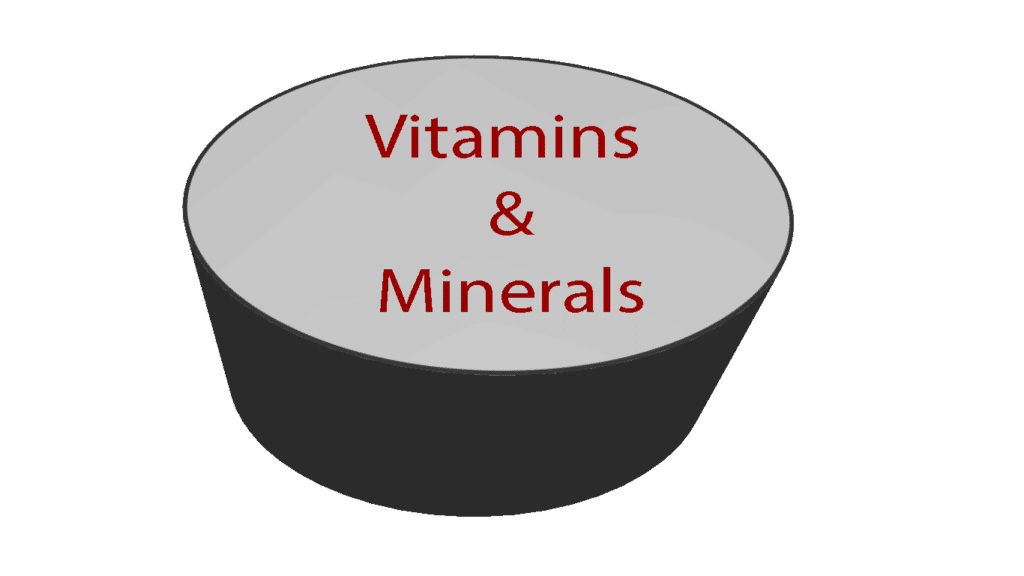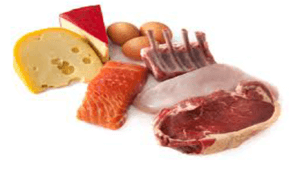Dr. Steven Gabel offers his patients many treatment options for hair restoration and strives to stay on the cutting edge of modern medicine. The most common cause of hair loss in men is male pattern baldness, however, there are factors beyond the genetic predisposition of certain individuals that can lead to hair thinning or balding. Among those that can be addressed are cases caused by nutritional deficiencies. There are a number of vitamins and minerals that can become depleted from the body and that can lead to hair thinning or baldness. Our objective here will be to look at some of the most common ways that a person’s overall health can affect their hair loss. Only a thorough consultation with a qualified doctor can determine the cause of your hair loss and what treatment options are best for your specific case.
Vitamin Deficiencies
By far Vitamin A and Vitamin E are among the most important vitamins an individual must have to maintain robust scalp health. The impact of Vitamin A on hair loss stems from the fact that it is a crucial element in the scalp’s creation of sebum. The presence of sebum is what lubricates the roots of your hair, without it hair will become dry and brittle. Failing to consume proper amounts of Vitamin A can lead to or worsen hair loss.
 The importance of Vitamin E in maintaining a healthy scalp is the role that it plays in promoting blood circulation. Good circulation is the literal lifeblood of the scalp, it keeps everything from your skin, and hair roots, to the hair itself healthy.
The importance of Vitamin E in maintaining a healthy scalp is the role that it plays in promoting blood circulation. Good circulation is the literal lifeblood of the scalp, it keeps everything from your skin, and hair roots, to the hair itself healthy.
Iron & Zinc Deficiencies
Simply put, a lack of zinc in your diet can cause hair thinning and hair loss. Zinc is a known contributor to circulation for the scalp and hair follicles.
Having an iron deficiency can lead to a host of medical problems in the body, including hair loss. If you are not consuming enough iron you may develop anemia when your body can’t produce the proper amount of hemoglobin, which will lead to a reduction of red blood cells.
The Role of Protein & Niacin in Promoting Healthy Hair

Protein is a literal building block for hair as your hair is made out of protein. If you consume less protein than your body needs to function properly, then your body will begin to ration off the protein supply from the hair follicles, resulting in changes in your hair quality and possibly even hair loss and thinning.
Niacin is an unsung hero in promoting your body’s overall wellness; not only does it play a crucial role in your blood circulation, but it’s also essential for keeping your body’s cholesterol levels stable.
Both niacin and protein are often overlooked as potential culprits for hair loss in certain individuals.
Is Hair Loss Caused By Nutritional Deficiencies Treatable?
The good news is that a vast majority of hair loss caused by nutritional concerns can be reversed. Patients will need to educate themselves about their dietary habits and work with either a general practitioner or a dietary health specialist to identify nutritional deficiencies and how to alter their diets and lifestyles according to medical advice. Hair restoration surgery is rarely a consideration for people experiencing nutrition-related hair loss.
Contact The Gabel Hair Restoration
To learn more about hair loss, the latest medications, and the latest techniques in hair restoration and hair transplant surgery, contact our Hair Transplant Portland surgery center today by calling the office or completing our contact form. Our team at Gabel Hair Restoration looks forward to your visit and discussing these matters with you in greater detail.
